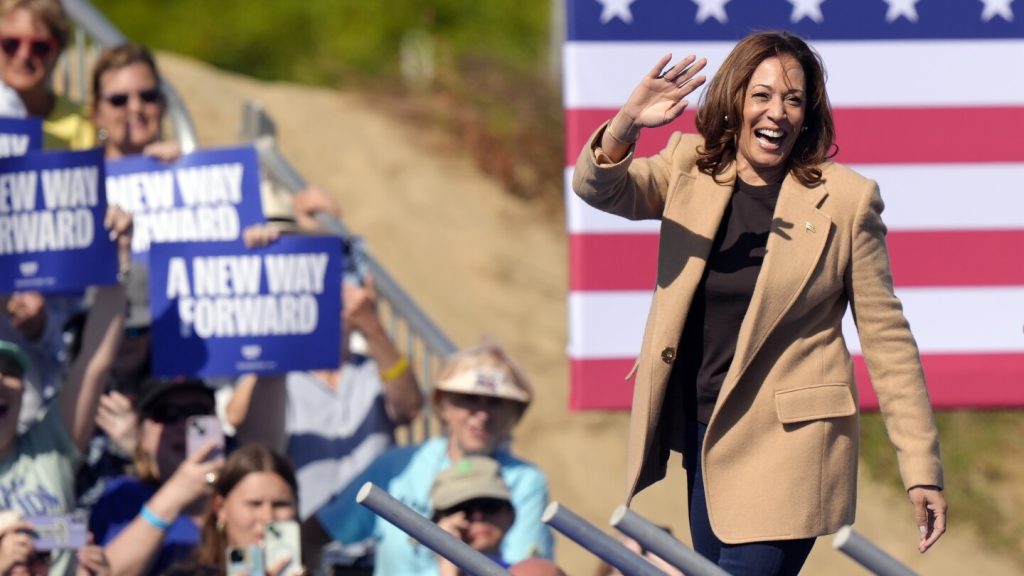Vice President Kamala Harris used a campaign stop in New Hampshire to propose expanding tax incentives for small businesses. The plan aims to increase tax incentives for startup expenses from $5,000 to $50,000, with the goal of sparking 25 million new small business applications over four years. Harris emphasized the importance of small businesses, calling them an essential foundation of the economy and highlighting their role in holding communities together. The proposal is part of Harris’ effort to strengthen her economic credentials ahead of the upcoming election.
In response to Harris’ small business plan, the campaign of former President Donald Trump criticized her previous promise to eliminate a package of tax cuts approved during his administration. Trump’s campaign pointed out that the tax cuts allowed business owners to deduct up to 20% of qualified business income and reduced taxes on new equipment purchases, benefiting small businesses. Harris’ focus on small business incentives contrasts with her recent proposal to combat inflation by addressing price gouging by food producers that has contributed to rising grocery store prices.
During her campaign stop, Harris also addressed a recent school shooting in Georgia, calling it outrageous that parents in the US have to worry about the safety of their children at school. Harris has been spending most of her time campaigning in key Midwest and Sun Belt states, including Michigan, Pennsylvania, Arizona, Nevada, Georgia, and North Carolina. Her visit to New Hampshire comes after marking Labor Day with rallies in Detroit and Pittsburgh, as she continues to emphasize economic messages about strengthening the middle class and ensuring that the wealthy and large corporations pay their fair share in taxes.
Both Harris and Trump are focusing on economic issues as they approach the upcoming election, with Harris advocating for policies to support the middle class while Trump has called for lowering the corporate tax rate to 15%. Harris has released few major policy proposals since becoming the top of the Democratic ticket, but her campaign is working to build support in states like New Hampshire. The change in the primary calendar this year led to some backlash in New Hampshire, with Democrats upset that South Carolina was chosen as the first state to vote in the presidential primary. Despite this, Harris is making efforts to appeal to voters in New Hampshire and other key battleground states.
Overall, Harris’ small business plan and economic proposals are aimed at strengthening the nation’s economy and supporting the middle class. While facing criticism from the Trump campaign for her tax policies, Harris remains focused on her message of economic empowerment and fairness. As the election approaches, both candidates are refining their economic messages and policies to appeal to voters in key states like New Hampshire. The outcome of the election will ultimately depend on which candidate can best address the economic concerns and priorities of the American people.


